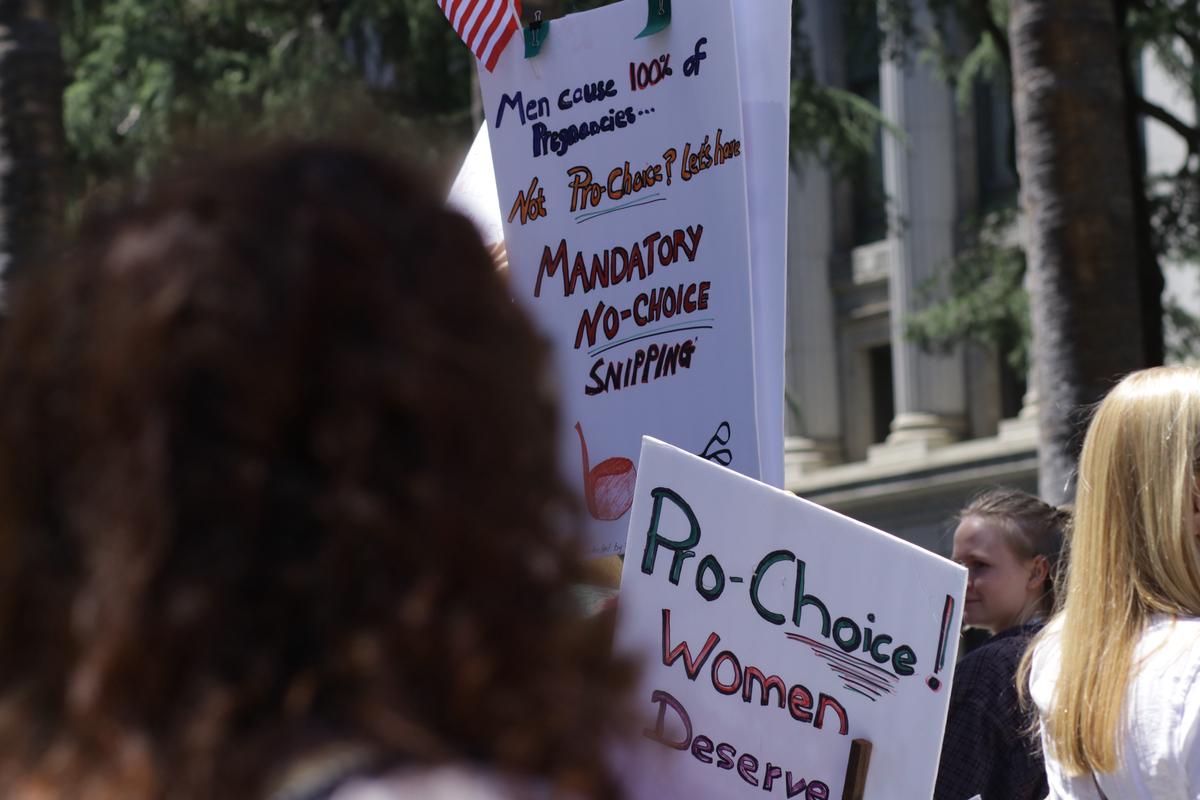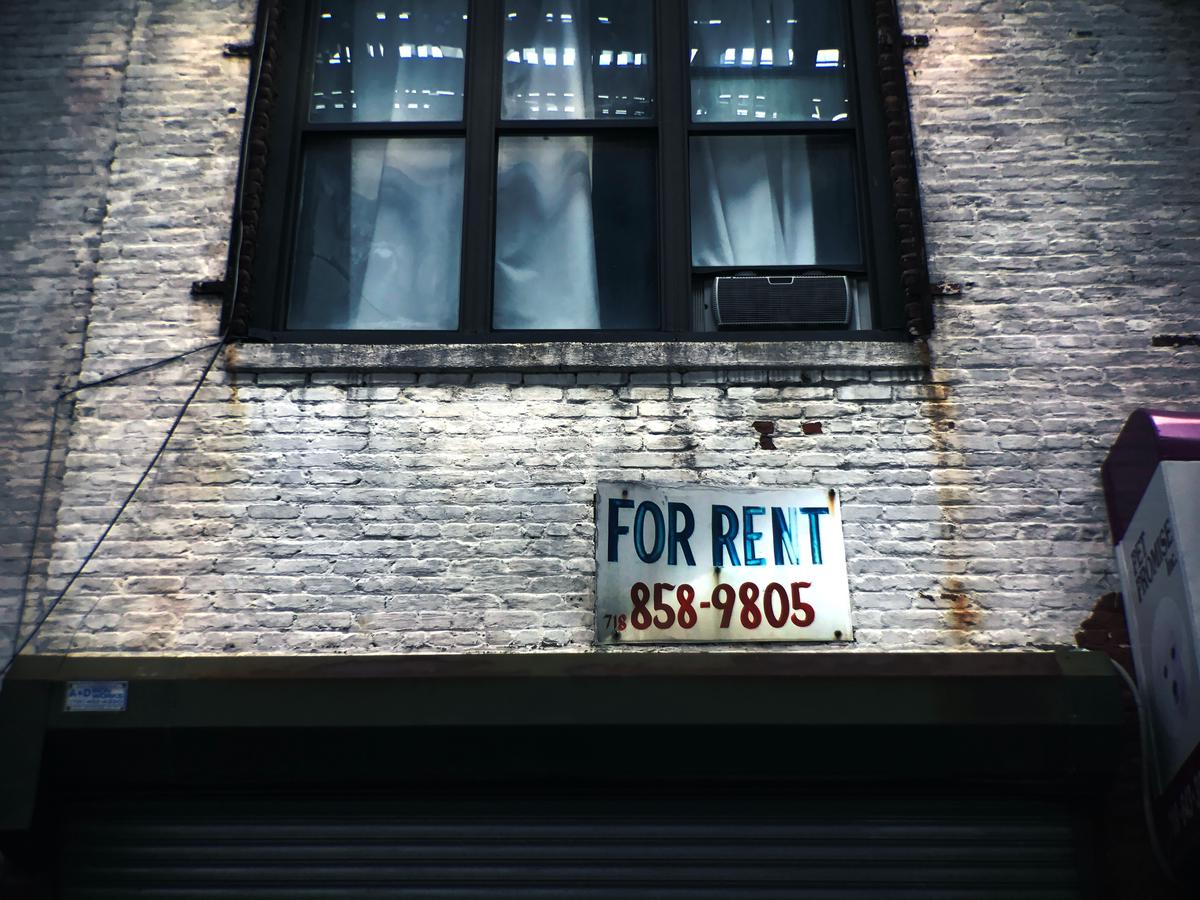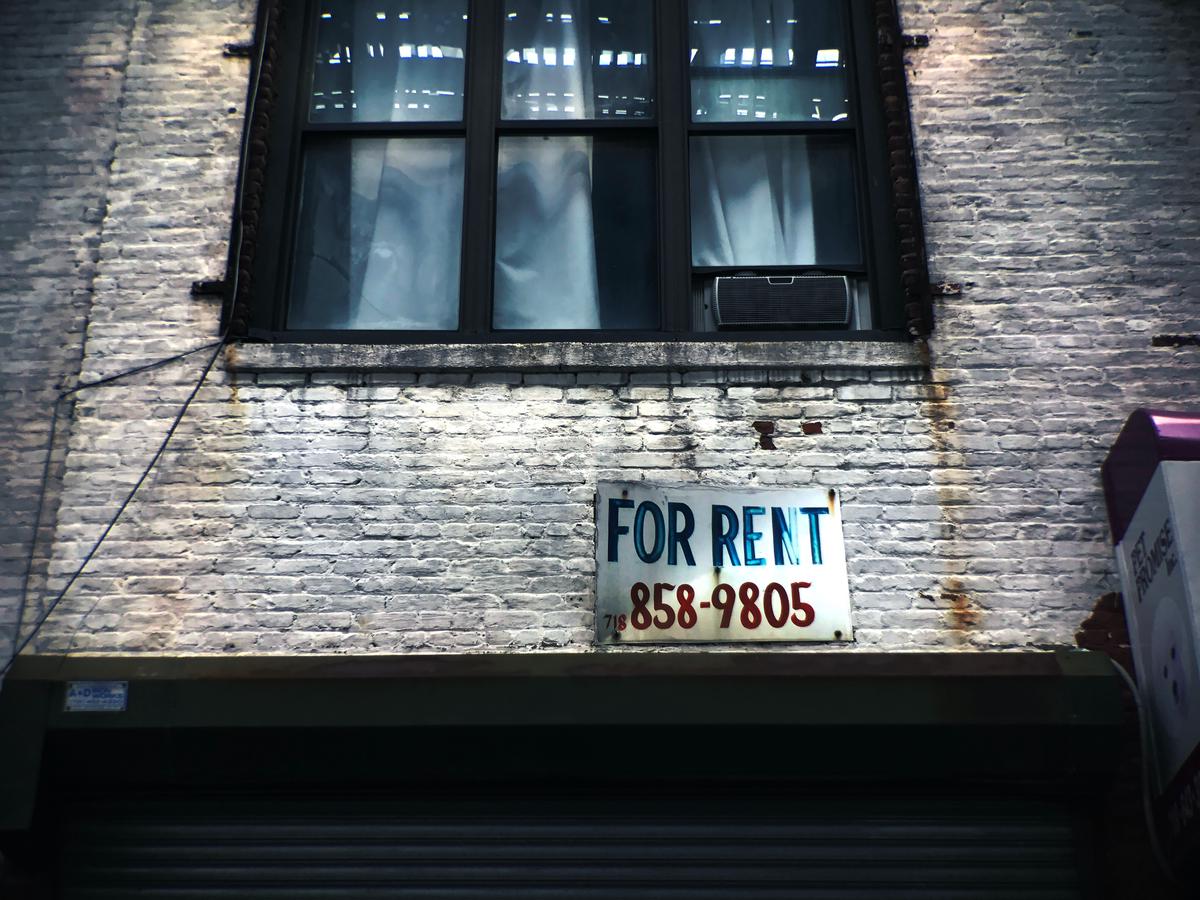Observing the correct legal procedures for rental activities is a critical aspect for property owners seeking to derive income from a rented property. Specifically in Maryland, obtaining rental licenses is a state-mandate for landlords, and this paper seeks to delve into the relevant considerations regarding this regulation. This discussion will dissect Maryland’s rental laws and licensing requirements, highlighting the advantages that accrue to the landlords with valid licenses, and the potential consequences for non-compliance. The process of applying for or renewing a rental license will also be discussed to reveal the crucial actionable steps for the landlords.
Maryland Rental Laws & Licensing Requirements
Maryland Rental Laws & Licensing Requirements
In the state of Maryland, the Department of Housing and Community Development (DHCD) sets guidelines governing the relationship between landlords and tenants. One of the critical aspects mandated by these regulations is the requirement for landlords to acquire rental licenses. This provision seeks to ensure that rented units meet the necessary safety, health, and sanitation standards, thereby safeguarding the rights and well-being of tenants.
Also, rental licenses maintain standards for ethical business practices between landlords and tenants. It encourages transparency, creating a positive rental environment. Landlord practices such as evictions, leases, security deposits, and tenant charges are all governed under Maryland’s landlord-tenant law, ensuring honest conduct that respects all parties involved.
Licensing Requirements
The Maryland rental license requirements involve a series of inspections and documentation. Before a license is granted, the rental property must undergo a thorough inspection by a licensed inspector. This inspection checks the safety and habitability of the property, assessing elements like electrical systems, plumbing, the structural integrity of the building, and adherence to fire and health regulations.
Next, landlords must complete a Lead-Based Paint Risk Reduction Certificate registration. This is vital as most older buildings may contain layers of this dangerous paint type, posing severe health risks to occupants. This procedure guards against lead poisoning hazards that are often found in older houses, ensuring that rental properties are safe for tenants.
Types of Licenses Available
Several types of licenses are available in Maryland for various rental scenarios. The Single Family Rental License is required for single-family dwellings that are rented or advertised as rental properties. The Multi-Family Rental License is required for buildings with two or more units. These may include duplexes, triplexes, fourplexes, and apartment buildings, whether owner-occupied or entirely rented out.
There are also specialized licenses, like the Short-Term Residential Rental License, which facilitates the emerging trend of short-term rentals. It covers properties rented out for less than a month, typical of Airbnb-style accommodations.
Application Process
The license application process is fairly straightforward. To begin, landlords should access the DHCD’s website and navigate to the licensing portal. Here, one can select the appropriate license type for the property they’re renting. After selecting the license type, you will need to fill out details about the property and yourself.
Ensure that all information provided is accurate, as it will be verified by the Department. It includes data about the property and ownership information. You will also need to attach copies of the Lead-Based Paint Risk Reduction Certificate, if applicable, and the home inspection report.
After the submission, the application will be reviewed, and if approved, you will receive a license with a unique identifier. This identifier should be included in all rental advertisements, tenant contracts, and official correspondences.
In the state of Maryland, the detailed and rather exhaustive rental licensing requirements are not only geared towards adhering to high standards for rental properties, they also aim to create an improved rental environment. This is achieved by safeguarding the rights of tenants and promoting a positive reputation for landlords.

Photo by theaidenfrazier on Unsplash
Benefits of Rental Licenses for Landlords
Benefit of Legal Safeguards via Rental Licenses
For landlords in Maryland, having a valid rental license brings along a myriad of benefits, with legal protection being the key. A valid rental license bestows upon them the power to enforce lease agreements completely. In the absence of a legitimate rental license, landlords find themselves on shaky legal ground when attempting to enforce lease agreements. Therefore, the license is essential to guarantee the enforceability of various lease terms, such as rental deposits, monthly rent, due dates, termination clauses, and the tenants’ obligations.
Rental Licenses: Improving Relationships
Rental licenses also positively influence the interactions landlords have with local authorities and tenants. Local government authorities often view licensed landlords more favorably. Landlords holding valid rental licenses are seen as reliable and responsible. These licenses act as a mark of quality assurance that vouches for the property’s habitability and the landlord’s commitment to complying with local laws and state regulations.
From the tenant’s perspective, a rental license serves as a reassurance that the rental property is up to code and that their rights are protected. It builds trust between the tenant and the landlord, often leading to long-term rentals and less tenant turnover.
The Barrier Against Unlawful Evictions
Another essential advantage that rental licenses provide landlords is the prevention of illegal evictions. In Maryland, landlords without the proper leasing license cannot legally evict their tenants. Evicting a tenant without a valid license can lead to significant penalties and legal complications. By having an effective rental license, landlords have the appropriate legal avenue to evict a tenant if they do not adhere to the lease agreement’s rules or fail to pay their rent.
Financial Advantages of Rental Licenses
Rental licenses can also have financial benefits for landlords. In many areas of Maryland, rental properties are considered a business. Therefore, they can be subject to tax benefits and deductions connected to business expenses. For instance, maintenance costs, property taxes, and even the cost of the license itself may be eligible for tax deductions. Hence, having a valid license not only makes it easier to manage a rental property but also more profitable.
Prompt Inspections and Safety Standards
Last but not least, rental licenses often come hand-in-hand with regular property inspections. This can prove to be beneficial for landlords since it ensures the rental property maintains acceptable safety standards, reducing the risk of accidents or damages due to neglect. Inspections can help landlords spot potential issues in advance, allowing for timely maintenance and repair, preserving the property’s value, and ensuring it remains a desirable place for tenants to live.
The significance of obtaining rental licenses in Maryland goes beyond simple legal compliance; it serves as a protective shield offering several benefits for landlords. These benefits often include both legal and financial protections, fostering positive relationships with local governing bodies and tenants, and maintaining the quality standard of the properties. Therefore, rental licenses should be considered not only as a legal requirement but also as a practical enhancer that boosts the overall experience of the rental industry for landlords and renters in Maryland.

Consequences of Non-compliance with Licensing
Understanding the Legal Implications of Rental Licenses in Maryland
Leasing a property in Maryland without the required rental license can lead to serious consequences, such as penal fines and even criminal charges. As per Maryland’s laws, it’s deemed illegal to let out a residential property without complying with all relevant rental licensing requirements. The fallouts of omitting a rental license can be dire. Landlords may face significant fines, the inability to enforce tenants’ eviction legally, and could potentially be held criminally liable.
Fines for Non-compliance
Fines for operating without a valid rental license vary depending on the jurisdiction. But many “failure to license” fines can exceed $1,000 per day. In addition, operating without a license can result in class A civil citations. These come with an initial fine of $500, with additional fines stacking up each day a property operates without a license. To avoid these potential financial pitfalls, landlords must meet licensing requirements and maintain a valid license for all rental properties.
Inability to Collect Rent
If a rental property does not have a proper license, a landlord may not be able to legally collect rent. In some cases, even tenants may be eligible for compensation. Landlords might find themselves forced to repay all rent collected during the period of non-compliance, facing a potential large financial loss.
Difficulties Evicting Tenants
Another consequence of non-compliance with Maryland’s licensing requirements involves its potential impact on evicting tenants. If a property is not licensed, courts may rule in favor of tenants, even if they stop paying rent. Landlords might find their eviction proceedings dismiss due to the absence of a valid rental license. Real property owners should be cautious of this possibility and ensure that their rental license remains current to maintain the power to enforce their lease agreements.
Potential Legal Implications
Apart from fines and the inability to collect rent or evict tenants, those who neglect to license their rental properties may face legal implications. They could be tried for operating an illegal rental, which could culminate in a misdemeanor charge. In some cases, if the landlord is found guilty, this could lead to imprisonment.
Understanding and adhering to rental licensing laws in Maryland are of prominent significance for both property owners and tenants. Securing and maintaining a rental license do not only shield the landlord’s rights but also amplify the safety measure for tenants and the overall community. Neglecting these vital steps may lead to severe penalties, potential legal complications, and could even impede one’s ability to collect rent or evict non-compliant tenants. Hence, abiding by rental licensing laws is unquestionably essential.

Steps to Obtain or Renew a Rental License in Maryland
Navigating through Rental Licenses in Maryland
If you’re planning to lease out residential property in Maryland, it’s mandatory to obtain a rental license, applicable to both single-family and multi-family properties, regardless of whether the owner resides on the premises or not. A rental license authenticates that the property up for rent is safe and fit for habitation. It fosters lawfulness, secures tenants’ rights and also assists in preserving the standard of housing in the community.
Obtaining a Rental License in Maryland
To acquire a rental license in Maryland, property owners are required to file an application with the Department of Housing and Community Development (DHCD) or the respective local department responsible for issuing rental licenses in their county or city.
The first step towards acquiring a rental license is registering the property. The registration form requires basic information like your name, contact details, the property address, and the type of dwelling.
Additionally, it’s requisite to perform a property inspection. Third-party or self-inspections are acceptable in some areas, but in some cases, an inspection by a County Housing Quality Standards Inspector may be necessary. This procedure is to ensure that the property complies with the required housing and building codes.
Paying the License Fee
Upon property registration and inspection, a fee is payable. This fee varies according to a variety of factors, including the number of units within the rental property. It’s always a good idea to check with the Department of Housing and Community Development or your local county or city department to verify the exact amount you’d be required to pay.
Securing proper lead certification is also paramount. Given Maryland’s strict lead paint laws, rental properties built before 1978 should be registered as either lead-free or lead-safe. Afterwards, a MDE-issued Lead Paint Risk Reduction Certificate is necessary before a rental license can be issued.
Renewing a Rental License in Maryland
Renewal of a rental license in Maryland is a structured process occurring every two or three years depending on the county. Landlords are sent reminders 60 days before expiration. For the renewal, landlords are required to verify their current contact information, proof of property insurance, and submit another rental license fee.
Resources and Help for Landlords
Residents in Maryland have access to numerous resources to successfully navigate obtaining or renewing a rental license. Helpful resources can be found online at the DHCD website, offering a comprehensive guide on landlord and tenant issues. Similarly, Local Housing Authorities provide assistance and guidance as well.
Landlord forums and real estate investor associations such as The Maryland Multi-Housing Association (MMHA) also provide rental property owners with educative seminars, networking opportunities, and legal updates related to property management laws in Maryland.

As evident from the discussion, the importance of holding a valid rental license in Maryland goes beyond mere legal compliance. It impacts the landlord’s relationship with their tenants, ability to enforce lease agreements, and also relational dynamics with local authorities. Additionally, falling short of the licensing requirements subjects landlords to potential financial and legal implications. Therefore, understanding the process of obtaining or renewing a rental license ultimately equips landlords with the critical requirements for successful rental operations. Furthermore, the available resources and potential help for landlords emphasize the importance of these regulatory procedures in Maryland’s rental sector.
